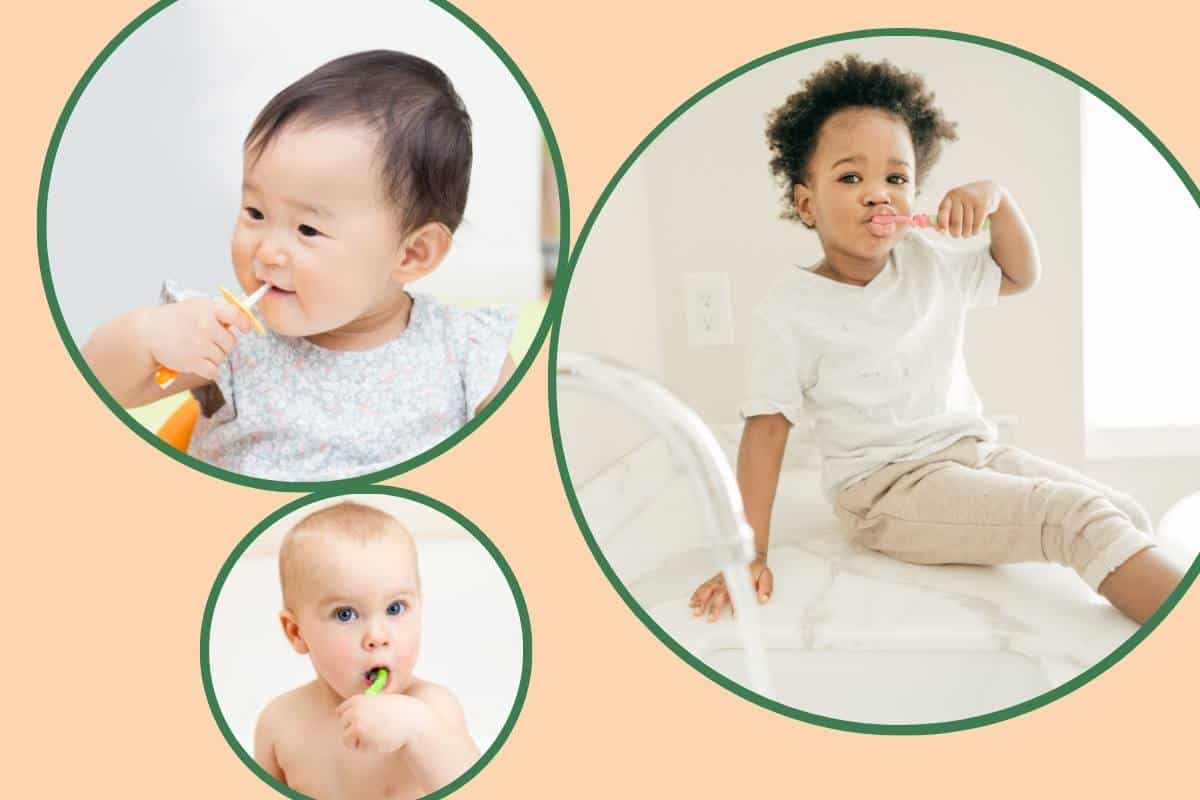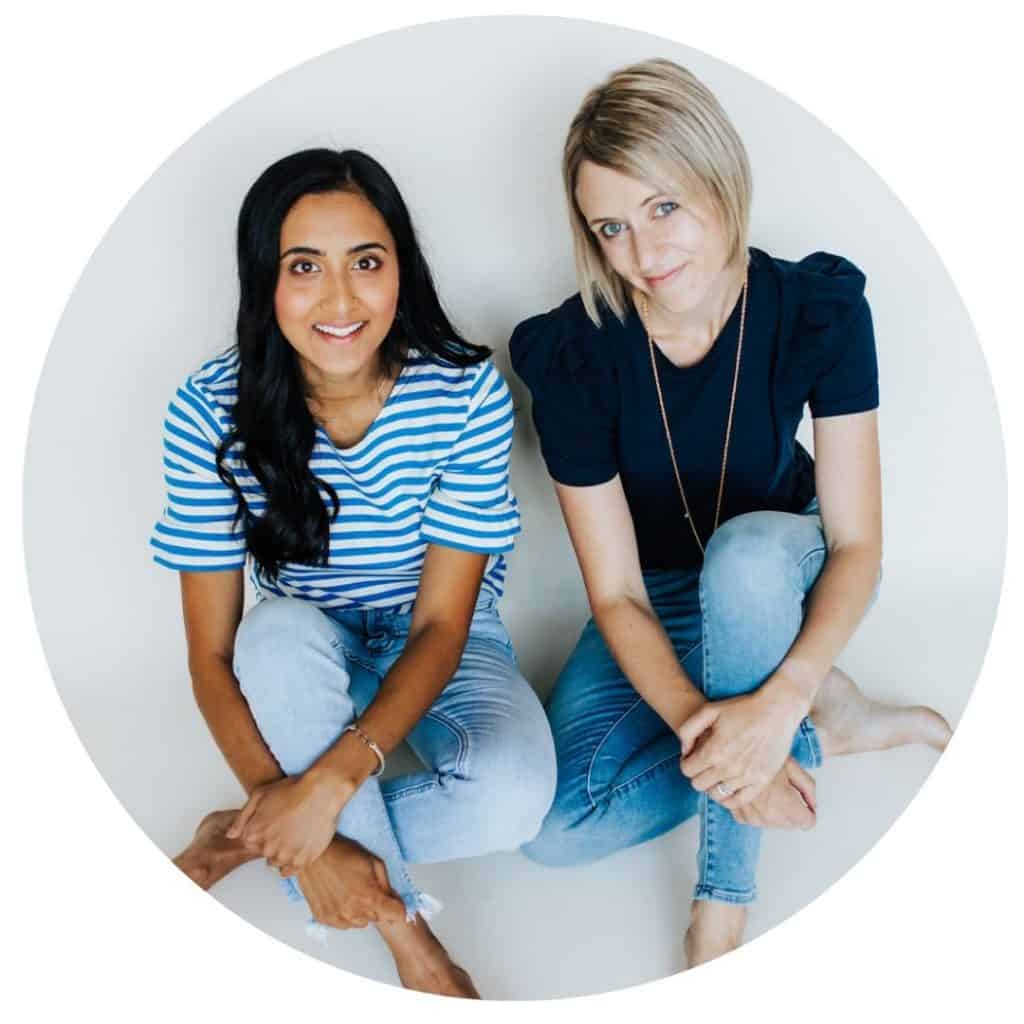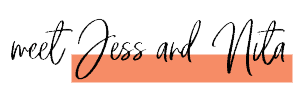This post was written in paid partnership with the Manitoba Dental Associate. As always, all opinions are our own.
Infant oral hygiene is important…
You might be wondering, if my child is so young and doesn’t have teeth…why do I need to bother with oral care? The truth is, it matters to their long term oral and general health. A lot of the work we do as parents at this stage is to establish healthy life long habits and to prevent illness or injury.
Babies can still be at risk of gum infections and tooth decay even if they aren’t chomping on a lot of food or if they don’t have many teeth. This is because carbohydrates from formula, human milk, or foods that don’t get cleared from the mouth can feed the bacteria that cause oral disease.
Please note that this doesn’t translate to: don’t nurse, don’t bottle feed or don’t feed your baby foods. Not at all! It just means, we want you to offer your baby an opportunity for additional protection with a quick wipe!
Oral hygiene even before baby gets teeth?
Yes! Even before teeth appear right it’s a good idea to get into the habit of wiping their gums at least twice a day with a clean and damp washcloth. You can even start this when your baby is a newborn!
In doing so, when it comes time to transition to brushing your baby’s teeth, it will be easier because he or she will be used to you working in their mouth and you’ll be working towards reducing your baby’s oral hypersensitivity.
This may sound like a lot of work with little payback but trust us, as an added bonus, establishing this as a part of your child’s routine can also help with a successful transition to solid foods because of all the oral stimulation! This, plus your baby putting anything and everything (safe) in their mouth including their hands and feet is actually all a part of a developmental process that sets your baby up for success with solids because they are essentially mapping out their oral geography.
And yes, even though those baby teeth are going to fall out, it’s still important to take care of them!
- Tooth decay and gum infections are painful! This might require more medical intervention and could also impact your child’s relationship with food. If your child’s perception is “ouch this hurts” when they eat food, it can translate to “I better not eat” which is definitely a scenario we want to prevent!
- Baby teeth serve an important purpose in maintaining proper spacing for the adult teeth to come in with good alignment. Translation: decreases the probability of needing expensive orthodontic treatments!
How does tooth decay happen?
When do I start brushing my baby's teeth?
Up until now, you’ll simply be wiping their gums with a damp washcloth. But, as soon as those first little teeth erupt, it’s time to bring out a tooth brush! Brush their teeth twice daily, in the morning and always before bed. You’re also welcome to brush their teeth throughout the day too.
Initially you’ll just be brushing for a few seconds per tooth, and over time you’ll build up their tolerance. Into toddlerhood, you’ll want to aim for about two minutes of brush time! Don’t feel like you need to get there right away, and it’s also okay to divide this time up in small increments.What type of toothbrush is best?
There are a ton, and we mean it, a ton of toothbrushes marketed at parents so it can be tough to know what is right. And truth be told, it’s a lot more simple than you think.
Overall, when your baby has teeth it’s best to use a small soft-bristled toothbrush, like this one.
These are actually preferred over brushes or teethers that have silicone bristles…these just don’t clean plaque as well!
If you have a toddler or an older child you can look for a triple angled toothbrush like this or an electric/battery operated toothbrush too. These tools can sometimes make brushing a little more effective for the little time you have…because we all know, ain’t no one as busy as a toddler on a mission!
What do I place on the tooth brush?
When teeth start to come in, a “rice-grain sized” smear of toothpaste is recommended. For children at high risk of decay, there may be other interventions recommended to protect their oral hygiene. Once your child turns 3, brush your child’s teeth using a “pea-sized” amount of fluoride toothpaste on a soft child’s toothbrush.
When should I visit a dental professional?
What role does breastfeeding play in oral health?
Tips for baby’s oral health when bottle feeding
These tips apply whether you are offering expressed milk in a bottle, formula or a combination of the two!
An important consideration is to avoid bottle propping. There are a number of reasons to avoid this, but in particular to protect your baby’s teeth.
In case you’re unaware, bottle propping is a hands-free method of feeding a baby by leaning the bottle against another object such as a pillow. There is a risk that the contents of the bottle can pool in the baby’s mouth and promote dental decay.
Additionally, only human milk, formula or water should be placed in the bottle unless you’ve been told otherwise by a medical professional. When you’re switching to a childhood milk (such as whole cow’s milk), we strongly encourage you to take this opportunity to also switch to an open cup.
Lastly, think of bottle feeds as mini “meals” that have a start and an end. Avoid letting your baby walk around with their bottle or sippy, which would allow them to take sips throughout the course of the day. The mouth needs time in between meals to clear the food.
What are some other helpful tips to make brushing easier?
Trust us, we’ve been there 4x cumulatively and as easy as it might seem, some babies and toddlers are sensitive to teeth brushing time. Here are some tried and true trips that might help make the experience better for you and your bub:
- Brush their teeth from behind when your child is seated in the highchair; this can help to make it a routine after meals
- Lay your baby down on the floor with her head in between your legs
- Offer your baby a toothbrush to support their independence, while you use a second toothbrush as well
- Let your toddler decorate the toothpaste with their favourite stickers, you can even offer them the choice of two different toothpastes to give them more choice
How else can I optimize my baby or toddler’s oral health?
Hopefully you’re already giving your baby Vitamin D drops, but if you’re been forgetting lately, take this as a reminder to make it a daily habit! Vitamin D supports teeth development and can actually help fight against decay.
Try to avoid sticky foods that may stay on the teeth long after your baby’s meal or snack has ended.
Lastly, try to avoid prolonged grazing and keep to a set meal and snack routine.
We hope this post was helpful to you – if you learned something new, we’d love to know in the comments below! And as a reminder, your baby’s first checkup should be done before one, or within 6 months of the eruption of their first tooth! To add, your baby’s first dental visit is also free with participating dentists at Manitoba Dentist.







2 thoughts on “When to Start Brushing Your Baby’s Teeth [+ the 411 on baby’s oral hygiene]”
Thank you so much for the advice on laying your baby down between your legs. My 11 month old has recently started resisting brushing his teeth. I tried this method today and he laid there patiently while I brushed his teeth and gums.
Awesome! Glad this post was so timely for you 🙂